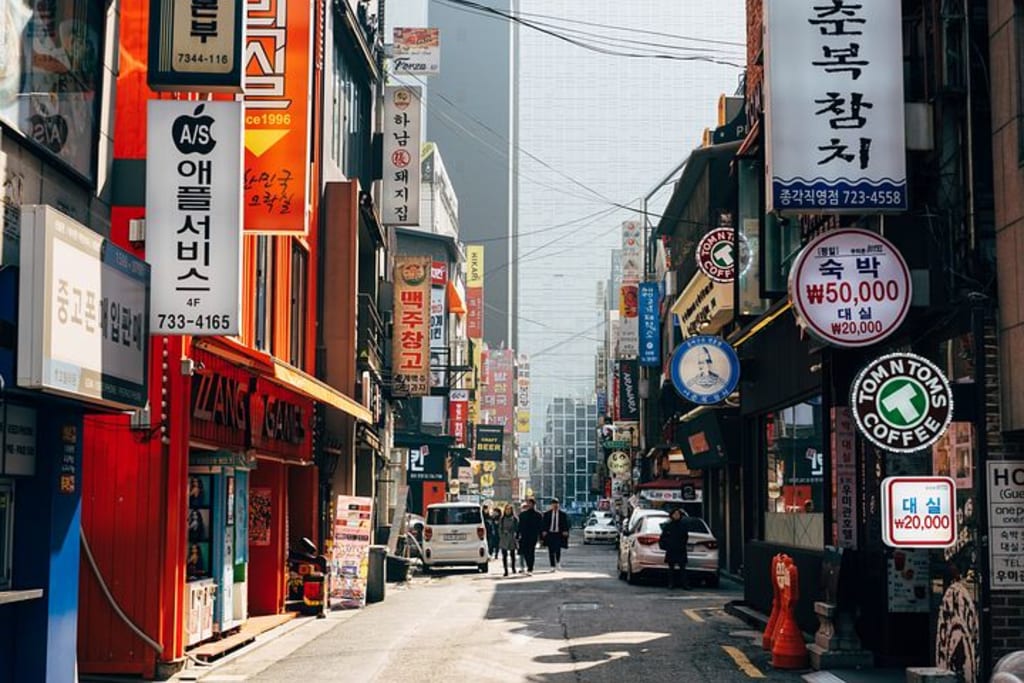CRISIS OF JAPAN
Japan is Asian Country

Japan has faced numerous crises throughout its long and storied history. From natural disasters like earthquakes and tsunamis to man-made catastrophes like World War II, the Japanese people have endured their fair share of hardships.
However, one crisis that stands out in recent memory is the economic downturn that hit Japan in the 1990s. Known as the "Lost Decade," this period of economic stagnation would have a profound impact on the country for years to come.
It all started in the late 1980s, during what many considered to be a "bubble economy" in Japan. The stock market was booming, property values were skyrocketing, and it seemed like nothing could go wrong.
But as is often the case with bubbles, things eventually came crashing down. In 1991, the stock market took a nosedive, and property values plummeted. Banks that had invested heavily in the real estate market found themselves saddled with bad loans, and the government was left to pick up the pieces.
In an effort to stimulate the economy, the government embarked on a massive spending spree, investing in public works projects and other infrastructure initiatives. However, this only served to increase the country's already substantial debt load, and the economy continued to languish.
Unemployment rose to levels not seen since World War II, and many people found themselves struggling to make ends meet. Companies that had once been the pride of Japan, like Sony and Mitsubishi, began to falter. The Japanese people, known for their stoicism and work ethic, were left to grapple with a sense of uncertainty and despair.
For years, the government tried various strategies to jumpstart the economy. They lowered interest rates, pumped money into the banking system, and even tried to devalue the yen to make Japanese exports more competitive. But nothing seemed to work.
In the end, it was the Japanese people themselves who had to pick up the pieces. They began to look for new ways to innovate and create value, rather than relying on the old ways of doing things. Startups and small businesses began to pop up all over the country, and a new generation of entrepreneurs emerged.
These entrepreneurs were focused on technology and innovation, rather than traditional industries like manufacturing and finance. They were unafraid to take risks and try new things, and they soon began to attract investment from around the world.
Slowly but surely, the Japanese economy began to rebound. By the early 2000s, the country was once again experiencing growth, and the "Lost Decade" was becoming a distant memory.
Looking back on that difficult period, the Japanese people can take pride in the way they came together and persevered. They showed a resilience and determination that has always been a hallmark of their culture, and they proved that even in the face of great adversity, they could find a way forward.
Today, Japan is once again a world leader in technology and innovation, with companies like Sony, Toyota, and Honda leading the way. The lessons learned during the "Lost Decade" continue to inform the country's approach to economics and business, and Japan remains a shining example of resilience and perseverance in the face of crisis.





Comments
There are no comments for this story
Be the first to respond and start the conversation.